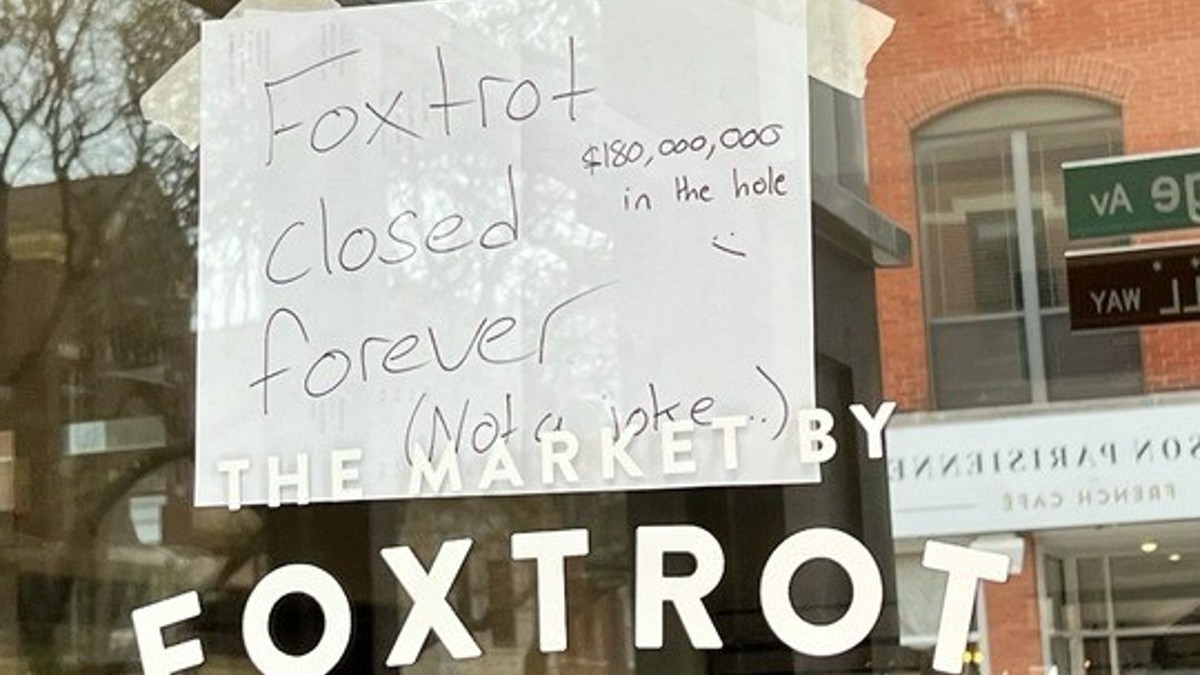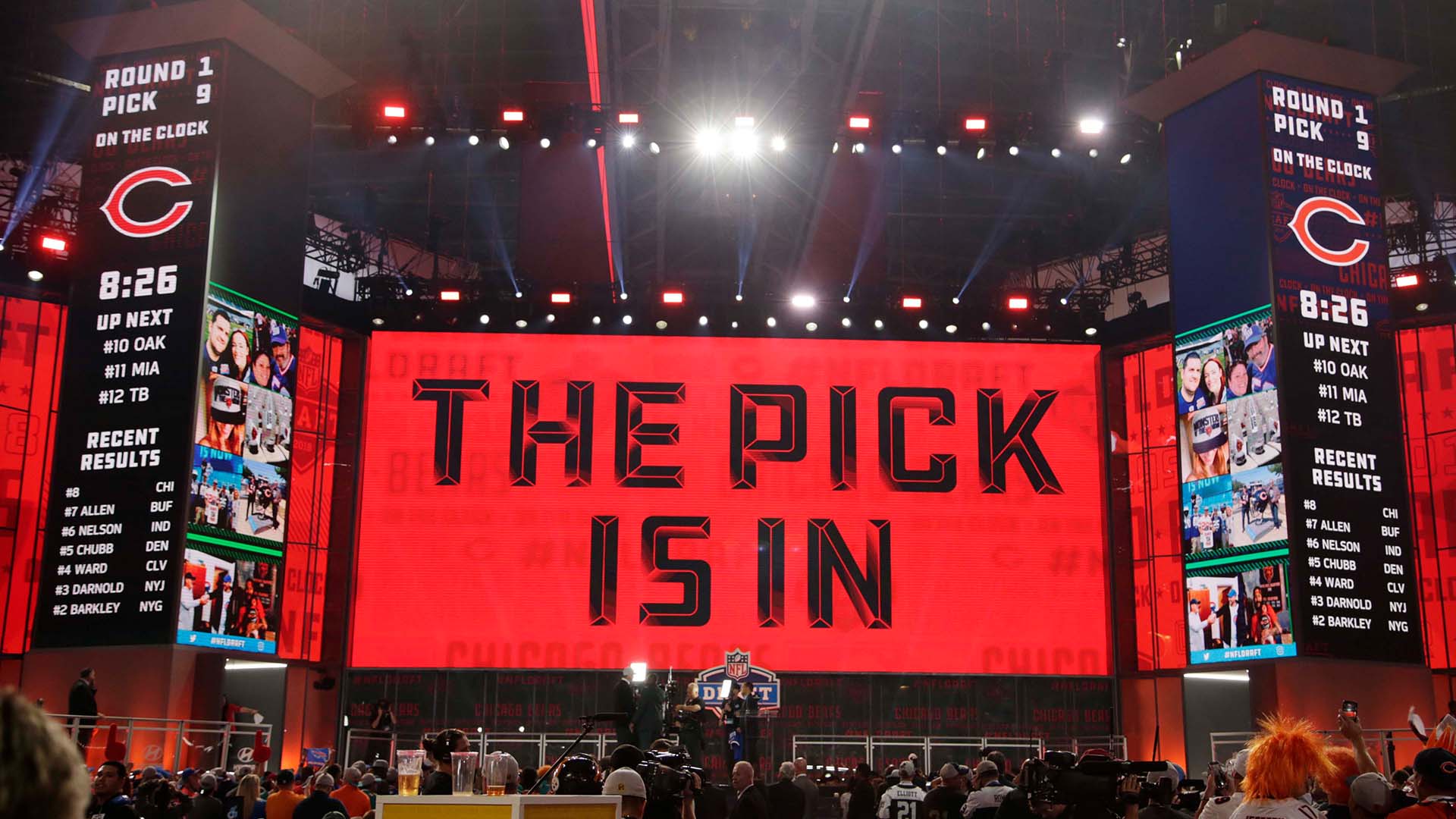When running a political campaign, self-financing can mean one of two things: either you have deep pockets and can spend as much as you want, or you’re in trouble financially.
For Kirk Dillard, his campaign for governor looks more and more like the second possibility is true.
As the Dillard campaign continues to suffer what looks to be anemic fundraising numbers, it has turned to a source close to home to stay afloat: his running mate and her family:
Unable to raise the kind of campaign money Republican governor candidate Bruce Rauner has collected, state Sen. Kirk Dillard has turned to the checkbook of his running mate.
Since October, state Rep. Jil Tracy and members of her family have provided Dillard with $115,000 — about 40 percent of the nearly $300,000 in large donations the GOP candidate has received, campaign records show.
Tracy is married to James Tracy, whose parents founded Dot Foods in Downstate Mt. Sterling, one of the nation’s largest food distributorships. The running mate’s donations to Dillard reflect a change in state law that now requires candidates for governor and lieutenant governor to run as a team.
The news follows a pattern of problems Dillard has had in raising funds in the 2014 primary cycle. During his 2010 race for governor, Dillard raised $2.4 million before losing to rival Bill Brady by a handful of votes in the primary.
Local
This time around, however, the landscape for Dillard appears to have changed. For starters, one of his main rivals, wealthy venture capitalist Bruce Rauner, has locked up a number of the big-money donors statewide Republican candidates have traditionally relied upon.
In fact, the Rauner campaign has easily out-fundraised all three of his primary rivals—Dillard, State Senator Bill Brady and State Treasurer Dan Rutherford—together.
In the last full reporting period for the 2014 race, the Dillard camp reported just $313,372 in contributions for the third quarter. In September, he reported $169,300 in big-money contributions from a small group of union-related donors.
That’s a fraction of the more than $1 million Rauner raised in the same period.
The Dillard campaign also took a blow late last year when Lori Montana, a well-respected, GOP fund-raiser Dillard had snagged, left the campaign.
Much of the Dillard campaign’s strategy hinges on a sense that in a crowded field of four primary candidates, the DuPage state senator is the most electable candidate.
That matters in a race that is becoming increasingly divisive and which the perceived front-runner, Bruce Rauner, is suffering through a string of controversies.
Yet, in order for a campaign built around a theme of “electability” to work, it has to be backed up by fundraising success.
By that measure, the Dillard campaign is still struggling as the March primary edges ever closer.



